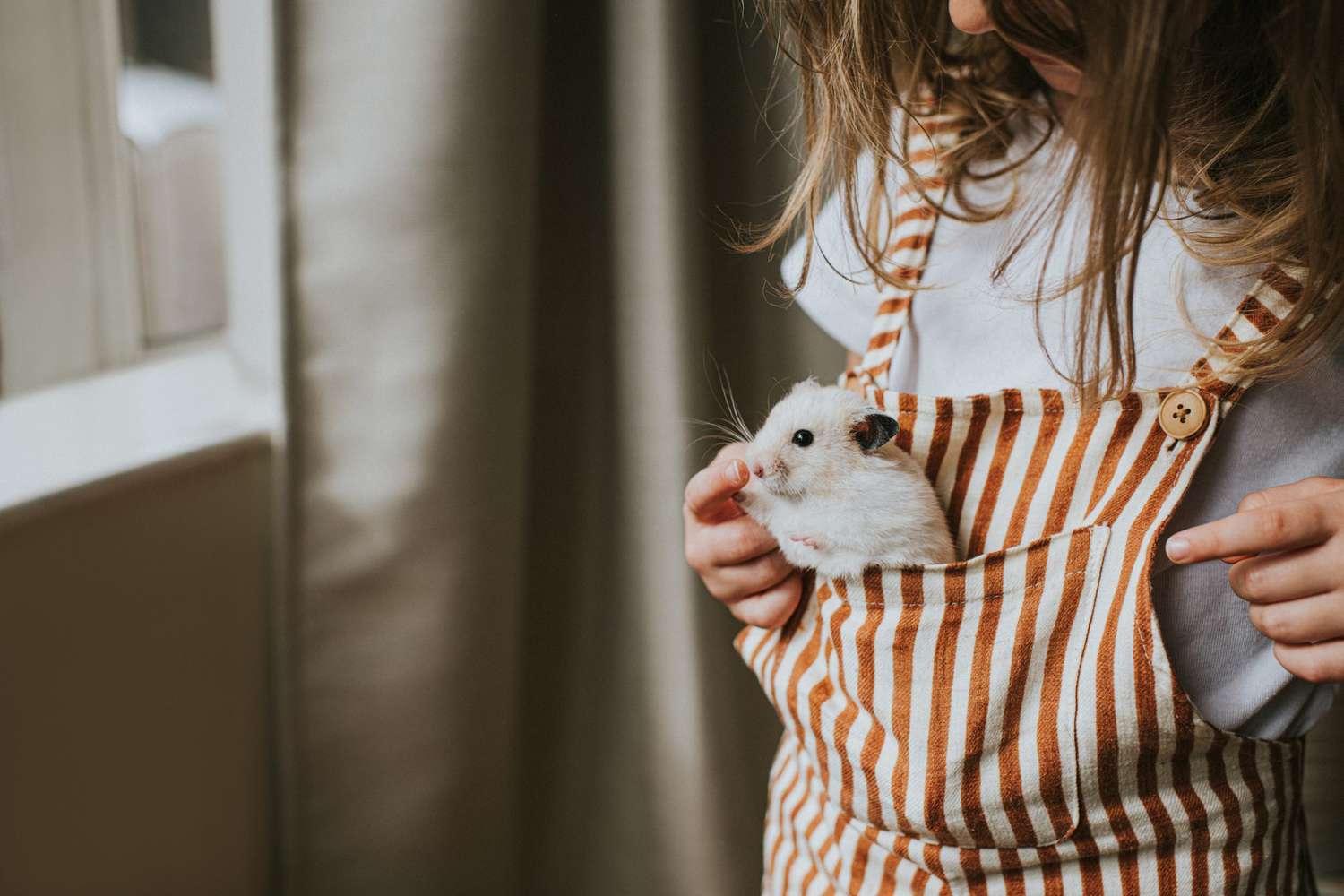Best Hamster for Friendly Companionship
If you’re considering getting a pet that is small, friendly, and adorable, hamsters might be your ideal choice. Hamsters are known for their playful nature and companionship. In this article, we’ll explore which hamster breeds offer the best companionship, tips for bonding with your new pet, and how to create a nurturing environment for them. Let’s dive into the fascinating world of hamsters that make excellent companions.
Types of Hamsters Suitable for Companionship
When searching for the best hamsters for friendly companionship, it’s essential to understand that not all hamster species exhibit the same level of sociability. The most common types of hamsters raised as pets include the Syrian, Dwarf Campbell’s, and Roborovski hamsters. Each has its own characteristics that may suit different human interactions.
Syrian Hamsters: The Gentle Giants
Syrian hamsters are often considered the best pet hamsters for companionship. Typically solitary by nature, these larger hamsters are characterized by their friendly demeanor when properly socialized. If you raise them from a young age and handle them regularly, Syrian hamsters can become extremely affectionate and willing to bond with their owners.

Because of their calm temperament, Syrian hamsters also tend to be easier to handle than other breeds. They are generally less skittish, making them a wonderful choice for families with children. However, keep in mind that these hamsters prefer to live alone in their cages to avoid territorial disputes with other hamsters.
Dwarf Campbell’s Hamsters: Social and Cheerful
Dwarf Campbell’s hamsters are another breed worth considering for companionship. Unlike their Syrian counterparts, these hamsters frequently prefer to socialize with other hamsters. They enjoy the company of their kind, making them more interactive pets. They have playful personalities and are generally very active, leading to a lively interaction with their owners.
To foster good companionship, it’s crucial to handle Dwarf Campbell’s hamsters consistently. They tend to be smaller and might require more gentle care since they can be scared more easily. However, with time and patience, they can bond with their humans and become delightful little pets.
Creating a Cozy Environment for Bonding
When introducing a hamster into your home, creating an environment that promotes companionship is essential. The habitat must be spacious, safe, and stimulating enough to keep your hamster active and engaged. Proper maintenance will not only ensure your pet is happy but also make bonding easier.
Choosing the Right Cage and Bedding
For a Syrian hamster, a spacious cage with plenty of ventilation is crucial. An appropriate cage should allow adequate space for exercise wheels, tunnels, and hiding spots. Soft bedding material, such as aspen shavings or paper-based substrates, should be used to make a cozy nest. This comfort can alleviate any stress hamsters may feel in a new environment.
Enriching Your Hamster’s Life
Ensuring that your hamster has toys and hiding spaces is a practical way to keep your pet mentally stimulated. Offering chew toys, climbing structures, and tunnels can create a playful atmosphere. These activities promote physical health and serve as an opportunity for bonding; playing together will help familiarize your hamster with your presence.

Developing a Bond with Your Hamster
Like all pets, developing a strong bond with your hamster will take time and effort. Below are some effective strategies to encourage this connection. Approach each step with patience and understanding to nurture a fulfilling companionship.
Handling Your Hamster Properly
When first handling your hamster, always approach slowly to avoid startling them. Start by placing your hand in their vicinity, allowing them to come to you. Gradually increase your interaction duration over time. Syrian hamsters, for example, respond well to gentle stroking and will often become more comfortable when handled consistently.
Regular Playtime and Interaction
Engaging your hamster in regular playtime is vital for bonding. Allowing them to roam outside their cage in a safe, controlled space can encourage exploration and interaction. Supervised interactions, such as letting them wander on a playpen, will help cultivate trust while offering them an adventure.
Key Takeaways
- Syrian hamsters offer gentleness and companionship, making them suitable for families.
- Dwarf Campbell’s hamsters thrive on social interaction and can become calm pets with handling.
- A spacious and stimulating environment enhances comfort and bonding.
- Establish trust through gentle handling and interactive play.
FAQ
1. How can I tell if my hamster is happy?
A happy hamster will exhibit active and playful behavior. They will explore their environment, use their exercise wheel, and interact positively with you during handling. A lack of hiding or retreating constantly can be a good indicator of an upward mood.
2. Can hamsters be trained like dogs?
While you cannot train hamsters in quite the same way as dogs, they can learn to recognize their names and come to you for treats. Reinforcing positive behavior with rewards can create a semblance of training.
3. What’s the optimal size for a hamster cage?
A good size for a Syrian hamster cage should be at least 30 inches long. For dwarf breeds, a smaller cage may suffice, but ensuring enough space for exercise is crucial. A larger floor size is more beneficial than height since hamsters don’t climb as much.
4. Are hamsters nocturnal, and how does that affect companionship?
Yes, hamsters are primarily nocturnal. This means they are more active at night. If you wish to engage with your hamster, consider interacting during the early evening when they start waking up.
5. How often should I clean my hamster’s cage?
It’s advisable to clean the cage once a week while spot-cleaning daily. This practice maintains hygiene and helps prevent any health issues related to a dirty living environment.
In conclusion, hamsters can be excellent companions when you choose the right breed and create a nurturing environment. With patience and love, your hamster can become a beloved member of your family.
